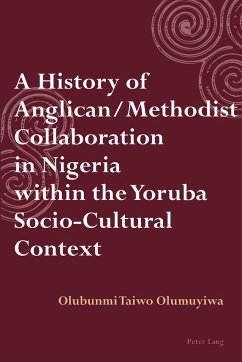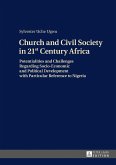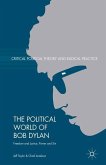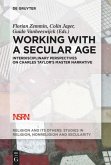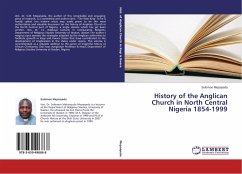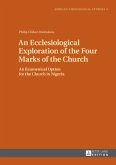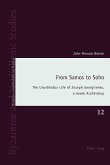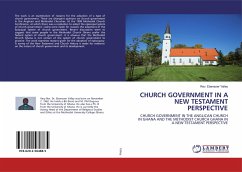This study seeks to investigate the history of Anglican / Methodist cooperation among the Yoruba-speaking peoples of Nigeria during the missionary era and after. The intention is to show that the institutional and doctrinal form of unity inherited from the missionaries, although very useful, was predominantly designed and structured for a Western way of life. Thus, this imported ecumenical method was inadequate in enabling churches in Nigeria, particularly Anglican / Methodist ones, to deal with the overwhelming contemporary problems facing Nigerian society. Therefore, new ecumenical theologies are propounded within a Nigerian context to meet this goal.
«Dr Olumuyiwa's original research is both illuminating and challenging to those working in the fields of mission studies and theological education. (He) deserves to be congratulated for his contribution to scholarship.» (Dr Mark J. Cartledge, University of Birmingham, UK)
«The assumption of this unique study is that imported models of church unity are of limited use in the Nigerian post-independence context. Olumuyiwa's African or Nigerian form of ecumenism offers a vision of unity in which the local can be respected without being idolized.» (Dr Werner Ustorf, Professor em. of Mission, Birmingham University)
«The assumption of this unique study is that imported models of church unity are of limited use in the Nigerian post-independence context. Olumuyiwa's African or Nigerian form of ecumenism offers a vision of unity in which the local can be respected without being idolized.» (Dr Werner Ustorf, Professor em. of Mission, Birmingham University)

